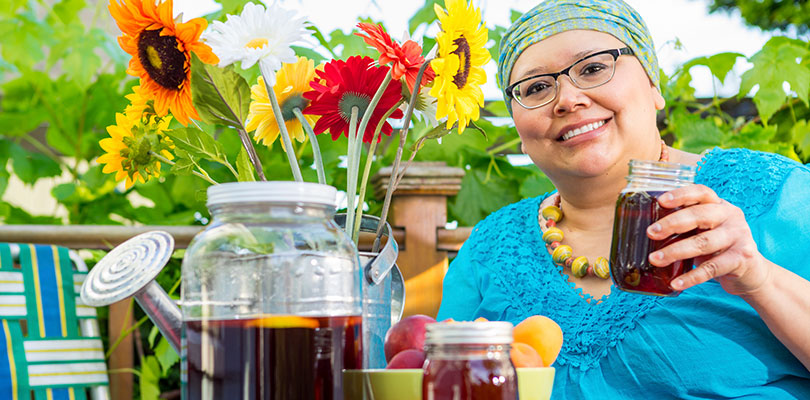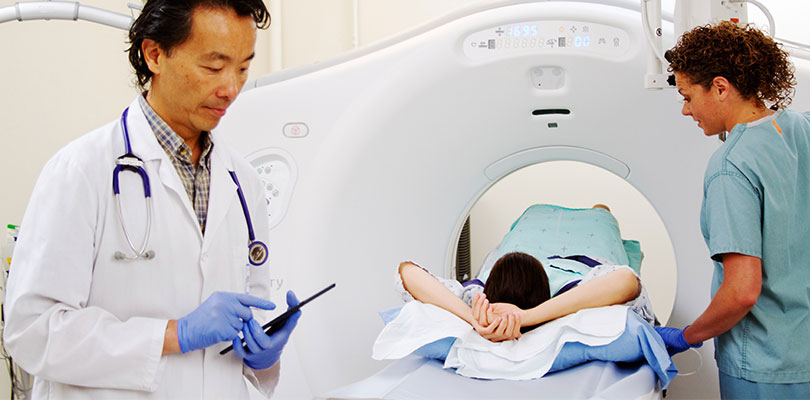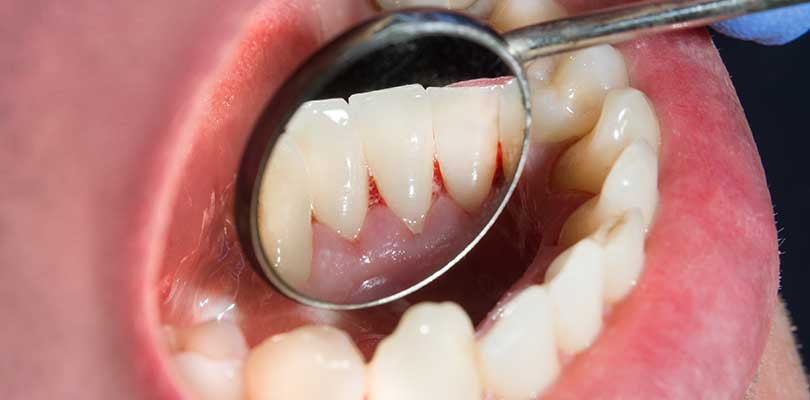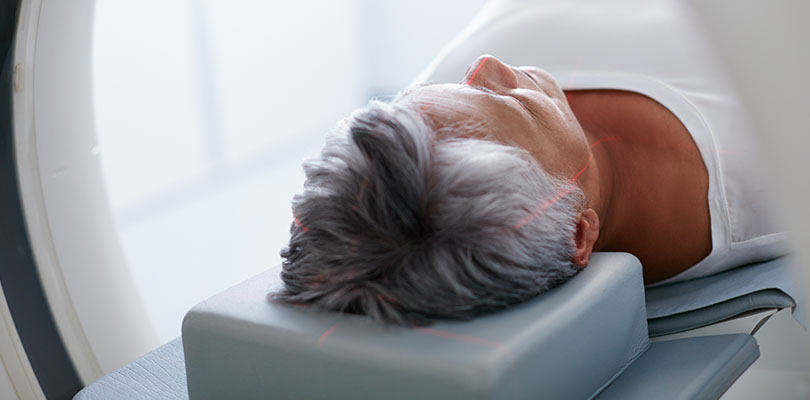Photo Credit: aaron hernandez / iStockPhoto.com
Healthy Eating and Happy Habits to Help Your Body During Treatment
Cancer and cancer treatment demand a big emotional and physical sacrifice. Once you begin chemotherapy, you may start to feel more uncomfortable in a lot of ways, as if the familiar has become unfamiliar. It can be difficult to enjoy any of the daily activities you once loved, and for many people, eating becomes a chore rather than a pleasure.
For those who haven’t had the most nutritious diet in the past, a switch to the nutrient-based menu your body needs can be a tall order. It takes time to adjust your palate, especially when chemo begins to mess with your taste buds, but you have to change your habits quickly to stay one step ahead.
In many cases, eating any food can be a challenge, and that’s when you’ll need to come up with some new approaches and smart interventions. Take some tips to make the move to chemo-friendly foods, and improve your appetite when you need it most.
Why Healthy Eating Is Crucial
A nutritious diet is good for everyone, but it can be particularly useful for chemo patients. After all, you are what you eat, so when you eat wholesome foods you can counter some of the toxic effects of the chemo drugs.
Don’t underestimate what the power of good ingredients can offer.
Immune Boost
Good food supports immunity, and since chemo compromises your immune system, you need all the help you can get. Eating plenty of immune boosting foods will help lower your risk of infection, and help you heal faster from treatment or injury.
Proteins are particularly helpful for immunity and tissue repair, helping to heal the muscles and fight infection.
More Energy
Both cancer and chemo treatment can leave you feeling exhausted, and without the right support your fatigue can prevent you from fulfilling even your basic daily duties.
While a wholesome diet won’t work miracles, it will provide the macronutrients, vitamins, and minerals that your cells need to function at full capacity. Carbohydrates are especially useful for fast energy, but fats are important energizers, too.
Muscle Maintenance
When chemotherapy keeps you from your daily activity, your muscles will begin to suffer. As muscle wasting continues, you can run into big problems with energy, mobility, and healing.
However, taking in good quality protein and appropriate supplements can protect your muscle mass, and give you the energy to create more.
Water is another essential part of any diet, but it takes on even more importance when your body is fighting an invader. Chemo is designed to kill the bad cancer cells, but it can wreak havoc on your healthy cells in the process, leading to dehydration (especially if you have gastrointestinal side effects that involve vomiting and diarrhea).
All fluids — even food sources like soup and milk — are good for hydration, but the more water you drink, the more protection you have against the dangerous side effects of dehydration.
After getting the cancer diagnosis you will have to inform others in your life about the news. Follow these tips for telling loved ones you have cancer.
Clever Ways to Spark Your Appetite
Chemo treatment can leave you feeling nauseous and can also interfere with your sense of taste.
Although these changes are often temporary, don’t force yourself to wait until your body adapts to the treatment. Instead, consider these steps toward a better daily diet that you can actually enjoy.
Eat Breakfast
The morning meal is the perfect way to kick-start your metabolism and get your taste buds ready for the day ahead. If you’re not a breakfast lover, you’re not alone: many people feel they need some time to ease into the day before sitting down for a bite.
However, you might find that your body adapts pretty quickly to a morning meal, and you’ll find that by boosting your metabolism, your appetite will increase over the remainder of the day.
Mini Meals Make More Sense
When you have little to no appetite, sitting down to a big plateful of food can be very daunting. The challenge may be too big, especially if nausea is an issue and the heady aromas are too much to bear.
Instead of committing to two or three main meals each day, scale back your plates to “side servings” spaced throughout the day. Fresh steamed veggies with a bit of butter, a small bowl of pasta, a ramekin of yogurt with fruit — there are all sorts of dishes that work perfectly as small meal served in a small dish.
Take Joy in the Ritual
There’s a reason why people pay incredible prices to dine out at a nice restaurant. From the place settings to the delicate glassware and separate courses, a special dinner is as much about the fanfare as it is about the taste.
Take a cue from those restaurants and set up your dining space in the most inviting way you can: a pretty plate, a cloth napkin, and maybe a candle to top it off. A nicely set table can be very appealing, and that might be enough to entice you to eat, especially if you pair the meal with a nice glass of wine (as long as your doctor is OK with that).
Keep Your Favorite Indulgences Close at Hand
Easy, delicious treats are good options for when you’re tired, feeling blue, or simply not up for eating much at all. While you probably shouldn’t base your diet around cookies and cake, don’t feel guilty about falling back on an old favorite now and then.
If you can work in some nutrients to your snacks foods — like popcorn with cheese, banana bread, nut butters on toast, and hummus with pita — you can satisfy your taste buds as you satisfy your immune system.
Add Flavors
When foods begin to taste too bland, salty, bitter, or sweet, think about adding sauces, condiments, or herbs to change up the flavor profile. You might need to experiment for a little while, but different combinations of flavors can help to offset the chemo side effects.
Marinades (like barbecue sauce, mustards, vinegars, or extracts) can spruce up a basic cut of meat, while salt, lemon, or buttermilk can balance out foods that taste too sweet.
If you’re not sure how to change up your diet to suit your new tastes and needs, it may be a good idea to meet with a nutritionist to work out a good menu plan. Remember that regular exercise is also a smart part of a chemo diet: even a 10-minute walk after meals can jump-start digestion, prevent heartburn, and spark metabolism.
Check out our article on foods ovarian cancer patients on NewLifeOutlook.







